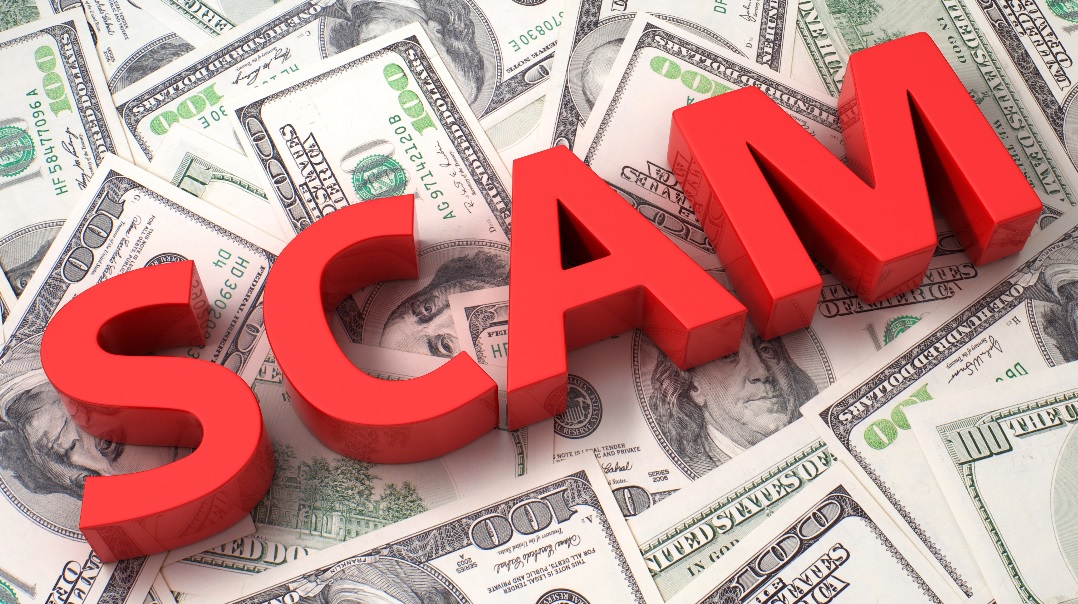The foreign exchange market, commonly known as Forex, is one of the largest and most liquid financial markets in the world. It offers a platform for individuals and institutions to trade currencies. However, like any lucrative market, Forex is not immune to scams and fraudulent activities. In this article, we’ll delve into common Forex scams and provide essential tips on how to identify and choose a trustworthy broker.
Common Forex Scams
-
Ponzi and Pyramid Schemes: These scams promise high, guaranteed returns with little or no risk. They often rely on recruiting new investors to pay returns to earlier investors, creating a house of cards that inevitably collapses.
-
Signal Seller Scams: Some individuals or companies claim to have insider information or foolproof trading strategies that they sell to traders. Often, these signals are ineffective or even counterproductive.
-
Unregulated Brokers: Operating without proper regulatory oversight, unregulated brokers may engage in unethical practices, such as manipulating prices, withholding withdrawals, or even disappearing with client funds.
-
Fake Investment Funds: Fraudsters may pose as legitimate investment funds, promising to generate substantial returns. In reality, they may not engage in any actual trading and simply pocket investors’ money.
How to Spot a Trustworthy Broker
-
Regulatory Compliance: A reputable Forex broker should be regulated by a recognized financial authority in their jurisdiction. Common regulators include the U.S. Commodity Futures Trading Commission (CFTC) and the U.K. Financial Conduct Authority (FCA).
-
Transparent Fees and Commissions: A trustworthy broker will provide clear and comprehensive information about their fees, spreads, and commissions. Be wary of brokers with hidden or unclear fee structures.
-
Positive Reputation and Reviews: Conduct thorough research on the broker. Look for client reviews, testimonials, and independent evaluations from trusted sources. A good broker will have a positive track record.
-
Security Measures: Ensure that the broker employs robust security measures to protect your personal information and funds. This may include encryption, two-factor authentication, and segregated client accounts.
-
Customer Support and Education: A reliable broker will offer responsive customer support and educational resources. This demonstrates a commitment to assisting traders and ensuring they have the knowledge they need.
-
Demo Accounts: Legitimate brokers often offer demo accounts, allowing traders to practice and familiarize themselves with the platform without risking real money.
-
Withdrawal Process: Pay close attention to the broker’s withdrawal process. A trustworthy broker will have a straightforward and timely withdrawal procedure, without excessive delays or complications.
-
Avoid Unrealistic Promises: Be skeptical of brokers promising guaranteed profits or extravagant returns. Trading always involves risk, and no legitimate broker can guarantee specific outcomes.
Conclusion
Forex trading presents significant opportunities for individuals and institutions alike, but it also carries inherent risks, especially in a market susceptible to scams. By being vigilant and conducting thorough due diligence, you can protect yourself from falling victim to fraudulent activities.
Choosing a trustworthy broker is paramount. Look for regulatory compliance, transparent fee structures, positive reviews, and robust security measures. Remember, if something seems too good to be true, it probably is. With the right precautions, you can navigate the Forex market safely and effectively, maximizing your chances of success while minimizing the risk of falling prey to scams.

